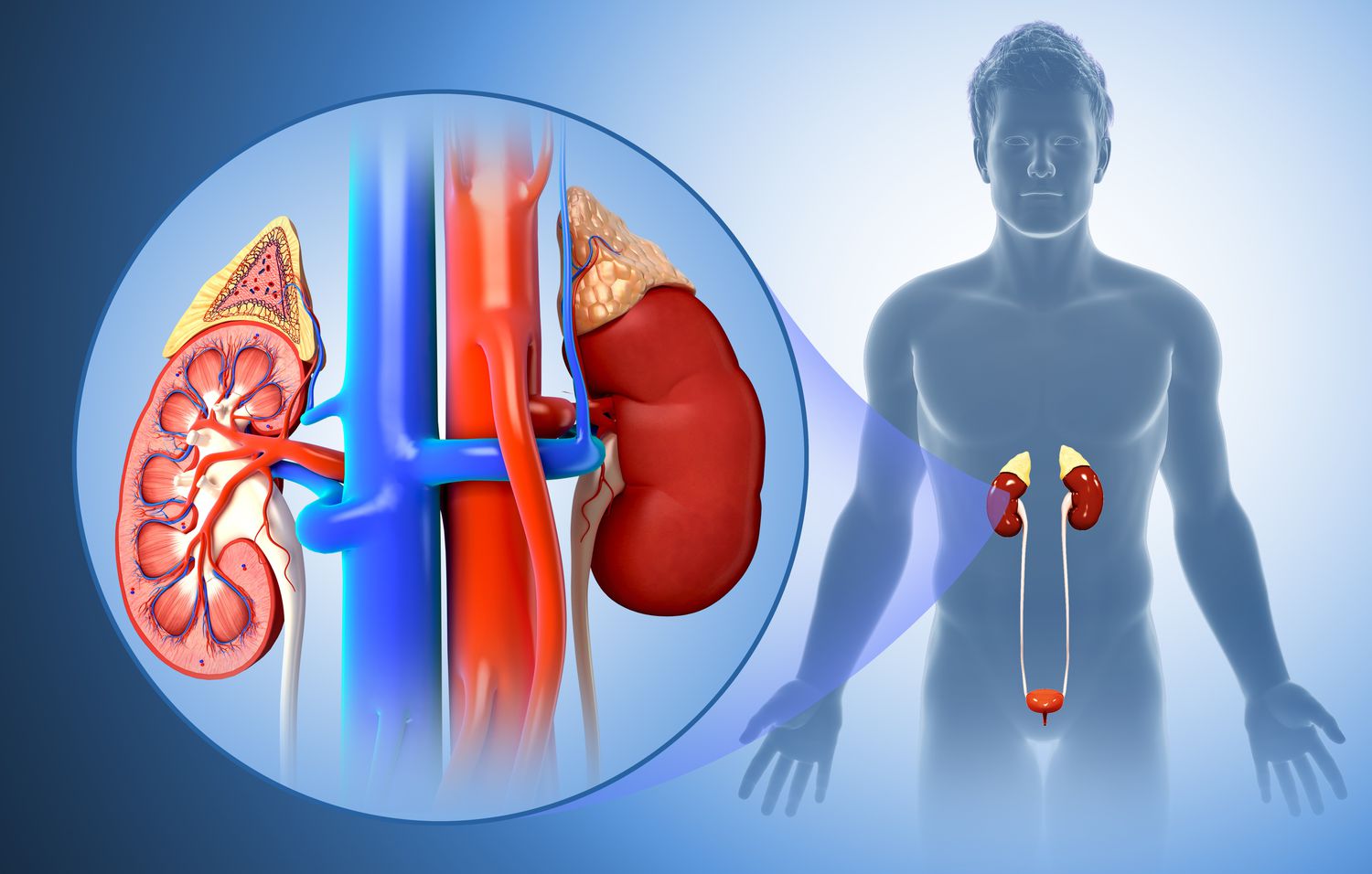Acute kidney injury

A sudden reduction or loss of kidney function is called acute kidney (renal) failure or acute kidney injury (AKI).The volume of urine decreases in the majority of patients with AKI. Important causes of AKI include intractable diarrhea, intractable vomiting, falciparum malaria, intractable hypotension, sepsis, certain medications (NSAIDs) etc. With proper medical treatment kidney function may be restored in most cases.
Early Recognition and Diagnosis: Dr. Patel emphasizes the importance of early recognition and diagnosis of AKI. This involves monitoring patients at risk for AKI, including those with pre-existing kidney disease, diabetes, hypertension, heart failure, or undergoing certain medical procedures or surgeries. Laboratory tests, such as serum creatinine and urine output measurements, are used to assess kidney function and diagnose AKI.
Treatment of Underlying Causes: Dr. Patel identifies and treats underlying causes of AKI, which may include dehydration, hypotension, sepsis, urinary tract obstruction, medications, or contrast dye exposure. Addressing these factors promptly can help prevent further kidney damage and improve outcomes.
Fluid Management: Dr. Patel manages fluid balance carefully in patients with AKI, balancing the need to maintain adequate hydration with the risk of fluid overload. Intravenous fluids may be administered cautiously to optimize hemodynamic status and kidney perfusion while minimizing the risk of fluid overload and pulmonary edema.
Electrolyte and Acid-Base Management: Dr. Patel monitors electrolyte levels and acid-base balance in patients with AKI, correcting imbalances as needed to prevent complications such as hyperkalemia, hyponatremia, or metabolic acidosis.
Medication Management: Dr. Patel reviews and adjusts medication regimens in patients with AKI to minimize nephrotoxicity and avoid further kidney injury. This may involve discontinuing or adjusting doses of medications that can impair kidney function, such as nonsteroidal anti-inflammatory drugs (NSAIDs), certain antibiotics, or contrast agents.
Nutritional Support: Dr. Patel provides nutritional support to patients with AKI, ensuring adequate protein intake while minimizing the risk of electrolyte imbalances and fluid overload. In severe cases, nutritional support may be provided through enteral or parenteral routes.
Renal Replacement Therapy (RRT): In cases of severe AKI or refractory fluid and electrolyte disturbances, Dr. Patel initiates and manages renal replacement therapy (RRT), such as hemodialysis, peritoneal dialysis, or continuous renal replacement therapy (CRRT), to support kidney function and remove metabolic waste products from the bloodstream.
Long-Term Monitoring and Follow-Up: Dr. Patel conducts regular follow-up appointments with patients who have experienced AKI to monitor kidney function, assess recovery, and identify any ongoing issues or complications. Long-term monitoring is essential to ensure optimal kidney health and prevent recurrence of AKI.
Overall, Dr. Anil Patel’s kidney clinic provides comprehensive care for patients with AKI, focusing on early recognition, treatment of underlying causes, fluid and electrolyte management, medication adjustments, and long-term monitoring to optimize outcomes and prevent complications.
